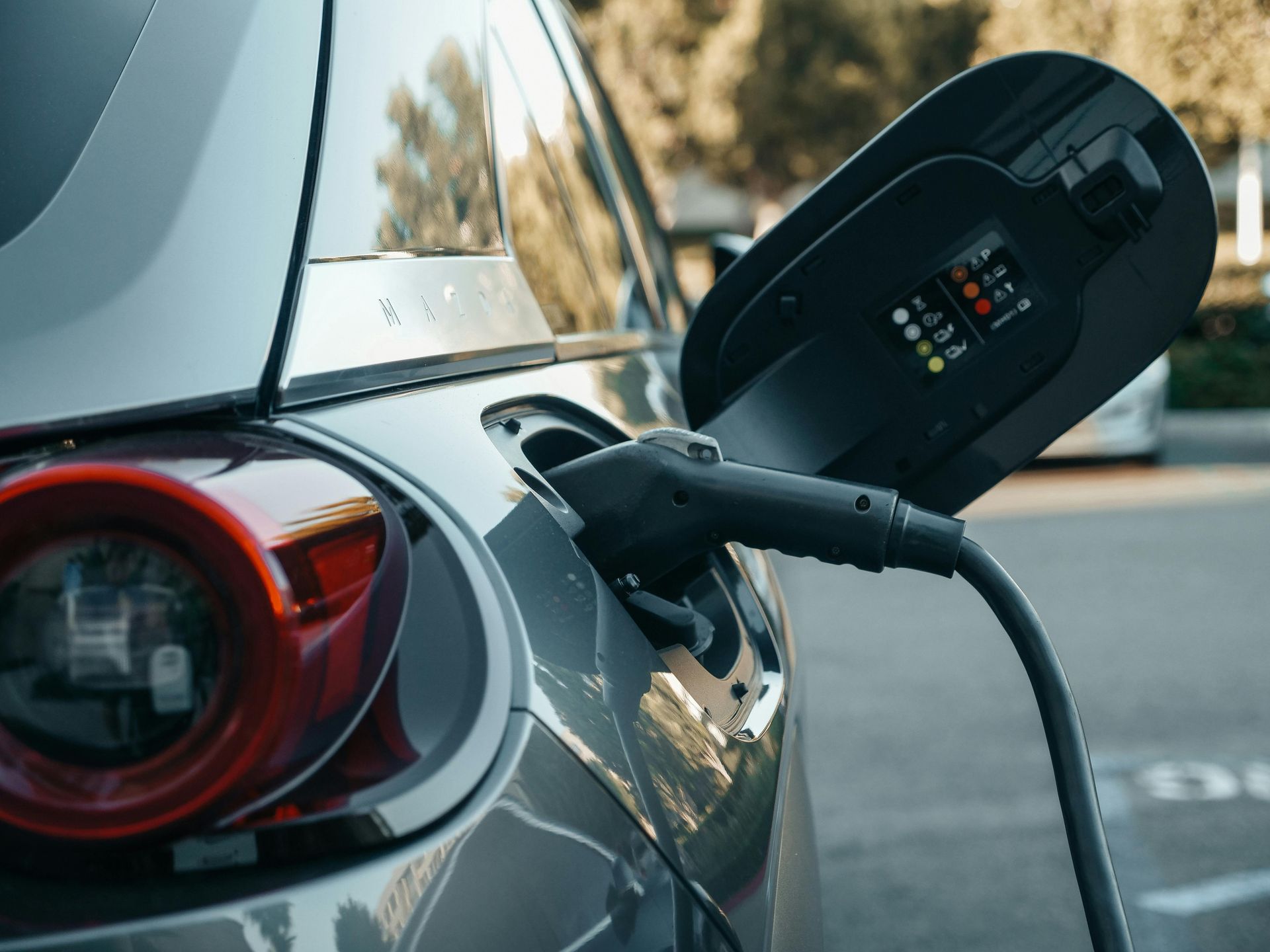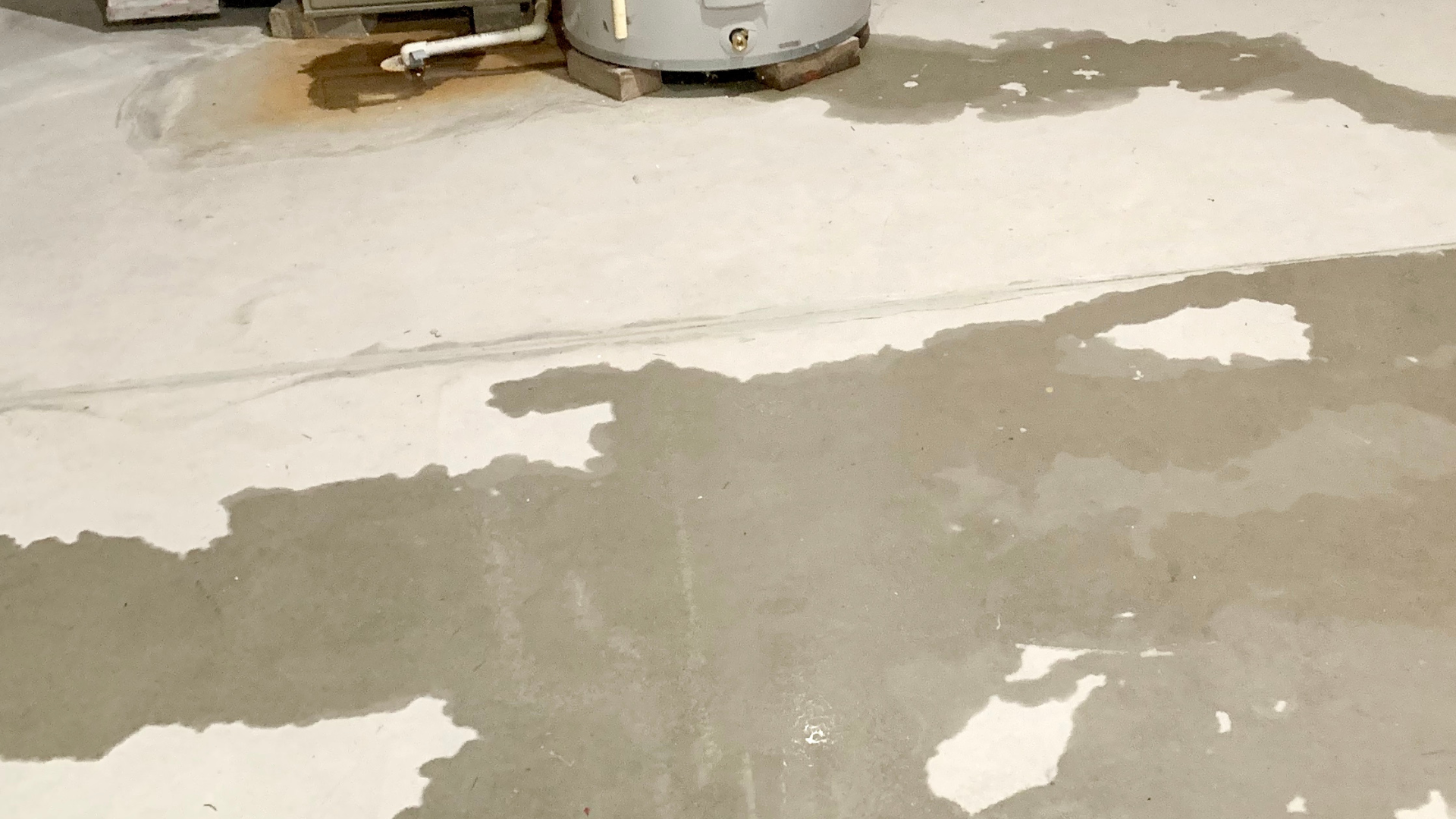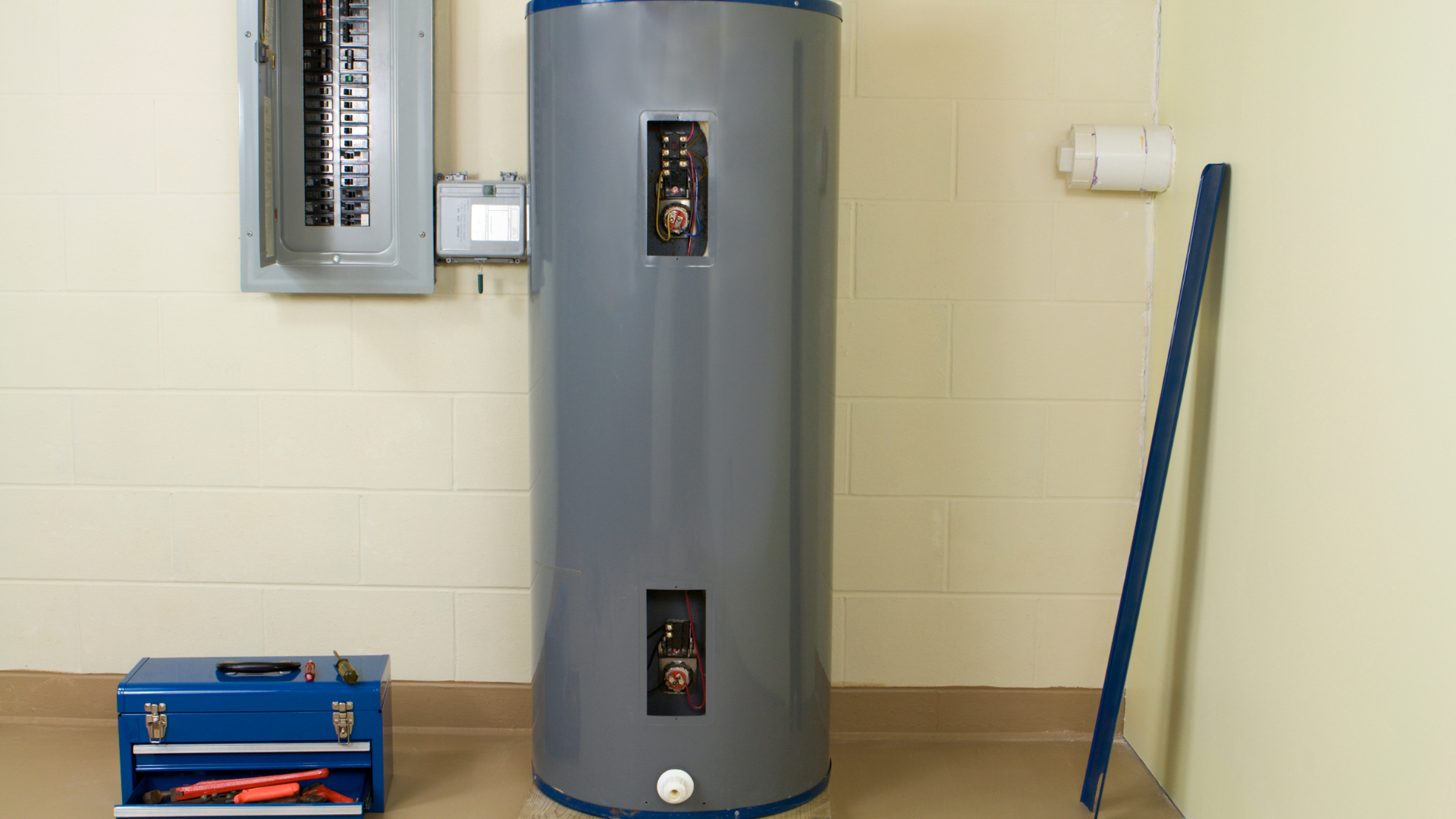Powering Up at Home: A Homeowner's Guide to EV Charger Installation
A Homeowner's Guide to EV Charger Installation

Bringing an electric vehicle (EV) into your garage is an exciting step towards a greener future. But to truly maximize the convenience and cost savings of EV ownership, a home charging station is essential. This guide will walk you through the key considerations for installing an EV charger, how to choose the right professional, and what you can expect in terms of cost.
Key Considerations for Home EV Charger Installation
Before you even think about plugging in, there are several crucial factors to assess:
- Charging Level:
- Level 1 (120V): This uses a standard household outlet and is the slowest option, often provided with your EV. It's generally only suitable for plug-in hybrids or very light daily driving, offering just a few miles of range per hour.
- Level 2 (240V): This is the most common and recommended home charging solution. It requires a dedicated 240-volt circuit, similar to an electric dryer or oven outlet. Level 2 chargers significantly reduce charging times, providing 25-30 miles of range per hour, making them practical for daily use for most all-electric vehicles.
- Level 3 (DC Fast Charging): These are high-powered commercial chargers and are rarely installed in residential settings due to their immense cost and infrastructure requirements.
- Electrical Panel Capacity: Your home's electrical panel is the heart of your power system. A Level 2 EV charger draws significant power, and your existing panel may not have the capacity or available space for a new dedicated circuit. An electrician will need to assess your panel's capacity. If an upgrade is necessary, this will add to the overall cost.
- Location of the Charger:
- Proximity to Electrical Panel: The closer your charger is to your electrical panel, the less wiring and labor will be needed, potentially saving you money.
- Parking Space: Consider where your vehicle will typically be parked for charging. Ensure the charging cable is long enough to comfortably reach your EV's charging port.
- Indoor vs. Outdoor: Most homeowners install chargers in a garage. If installing outdoors, the charger must be weatherproof and may incur additional costs for suitable enclosure and wiring protection.
- Hardwired vs. Plug-in:
- Hardwired: These chargers are permanently connected to your home's electrical system. They can often deliver more power and are generally considered safer and more reliable.
- Plug-in: These chargers plug into a NEMA 14-50 outlet (the same kind used for electric dryers). While offering portability, they may require a GFCI breaker, which can sometimes lead to nuisance tripping. Hardwired is generally recommended for optimal performance and safety.
- Permitting and Regulations: In most jurisdictions, installing a Level 2 EV charger requires an electrical permit. This ensures the installation complies with local building codes and the National Electrical Code (NEC) for safety. A qualified electrician can typically handle the permitting process for you.
How to Pick an Electrical Contractor for EV Charger Installation
Choosing the right professional is paramount for a safe and efficient EV charger installation. Look for a licensed and experienced electrical contractor with specific expertise in EV charging. Here's what to consider:
- Licensing and Insurance: Always verify that the contractor is fully licensed and insured in your state. This protects you in case of accidents or faulty work.
- EVITP Certification: Look for electricians with Electric Vehicle Infrastructure Training Program (EVITP) certification. This signifies specialized training in EV charger installation, safety, load calculations, and compliance with industry standards. You can often find certified installers through the EVITP website.
- Experience and Portfolio: Ask for references and examples of previous EV charger installations they've completed. An experienced contractor will be familiar with various EV charger brands and installation scenarios.
- Knowledge of Local Codes and Permits: Ensure the contractor is well-versed in your local electrical and building codes and can manage the necessary permitting and inspection processes.
- Detailed Proposals: Obtain at least three detailed proposals from different contractors. These proposals should clearly outline the scope of work, timeline, breakdown of costs (labor, materials, permits), and warranty information.
- Communication and Customer Service: Choose a contractor who communicates clearly, answers your questions thoroughly, and provides good customer service.
How Much Should It Cost?
The cost of installing a Level 2 EV charger at home can vary widely depending on the factors mentioned above.
- EV Charger Unit: The charger itself can range from $200 to $800, with smart chargers (offering remote monitoring, scheduling, etc.) typically being at the higher end. Some high-end units can even exceed $1,000.
- Installation Labor and Materials: This is where the cost can fluctuate most significantly.
- Basic Installation (near panel, no upgrades): For a straightforward installation where your electrical panel has sufficient capacity and is close to the charger's location, costs might range from $500 to $1,500.
- Complex Installation (panel upgrade, long wire run, trenching): If your electrical panel needs an upgrade (which can add $650 to $2,000 or more), or if the wiring needs to be run a significant distance (especially outdoors requiring trenching or conduit), the cost can climb to $2,000 to $5,000+.
- Permit and Inspection Fees: These typically range from $50 to $300, depending on your municipality.
- Electrical Upgrades: If your home requires a new subpanel or a main electrical panel upgrade, these are significant additional costs.
Overall, for a typical Level 2 EV charger installation, homeowners can generally expect to pay between $1,000 and $2,500, including the charger and professional installation. However, remember that complex situations or older homes requiring extensive electrical work could push costs higher.
It's also worth investigating any federal, state, or local incentives or rebates for EV charger installation, as these can significantly offset the overall cost. Your utility company may also offer programs or time-of-use (TOU) rates that can save you money on charging.
By carefully considering these factors and choosing a qualified professional, you can ensure a safe, efficient, and cost-effective home EV charging solution for years to come.
Sources and Links:
- How to Choose the Right EV Charging Station Contractor - Cyber Switching: https://cyberswitching.com/selecting-the-right-contractor-for-your-electric-vehicle-charging-station-needs/
- 7 Tips For How to Choose the Best EV Charger Installer in Your Area - ROS Electric: https://roselectricllc.com/choose-the-best-ev-charger-installer-in-your-area/
- A Comprehensive Guide to Level 2 EV Charger Installation - Emporia Energy: https://www.emporiaenergy.com/blog/a-comprehensive-guide-to-level-2-ev-charger-installation/
- Electric Car Charger Installation Cost - Prairie Electric: https://www.prairieelectric.com/electric-vehicles/electric-car-charger-installation-cost-house/
- Do I Need a Permit to Install an EV Charger? Guide & Requirements - Charge Rigs: https://chargerigs.com/do-i-need-a-permit-to-install-ev-charger/
- EVITP (Electric Vehicle Infrastructure Training Program): https://evitp.org/
Click Another Article to Read More










